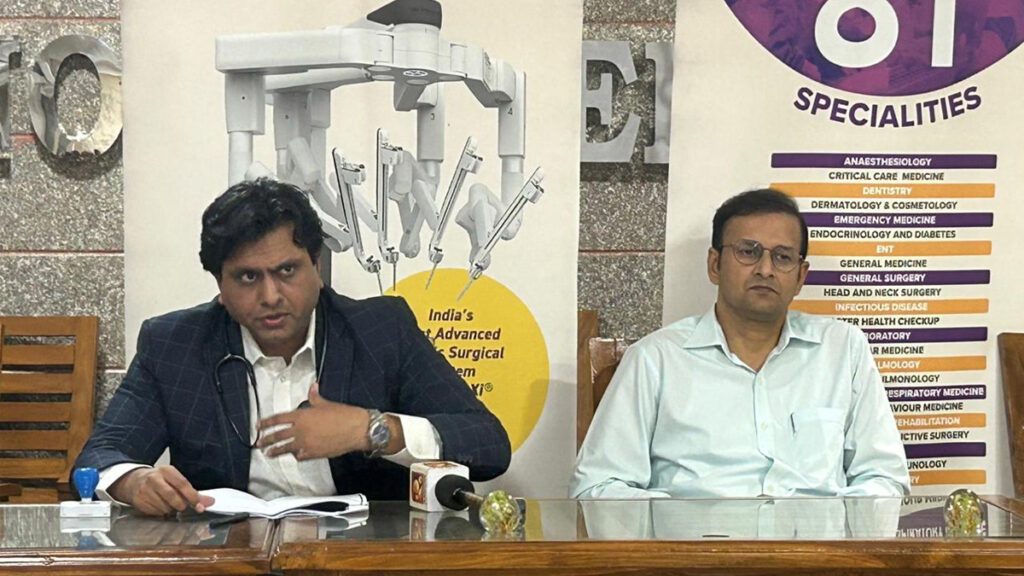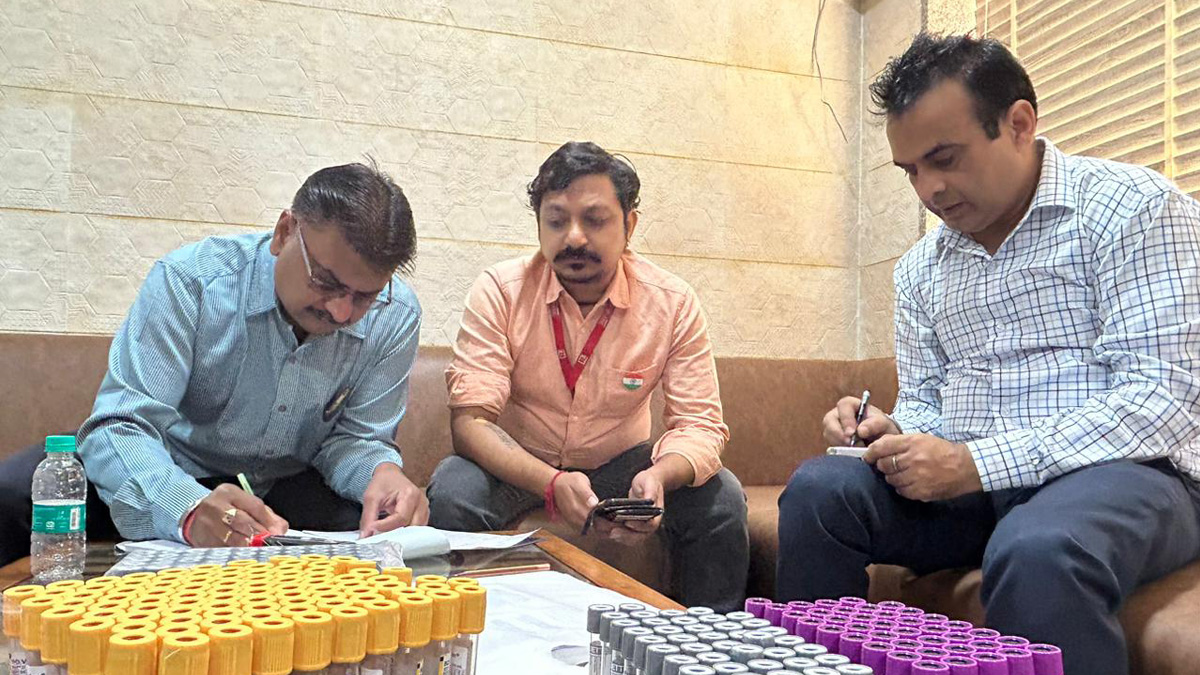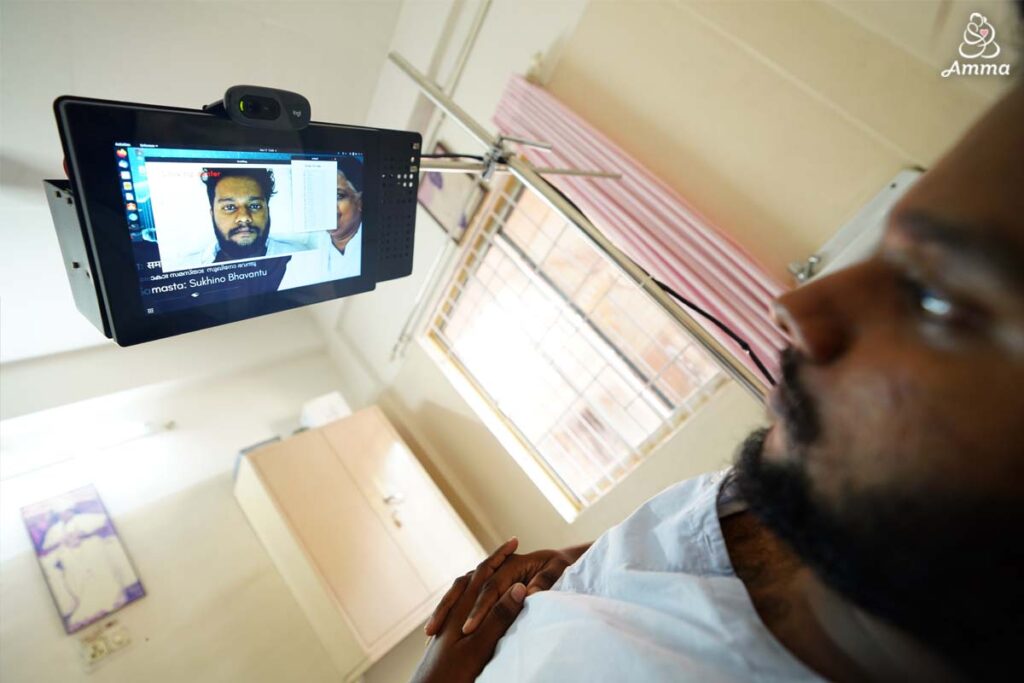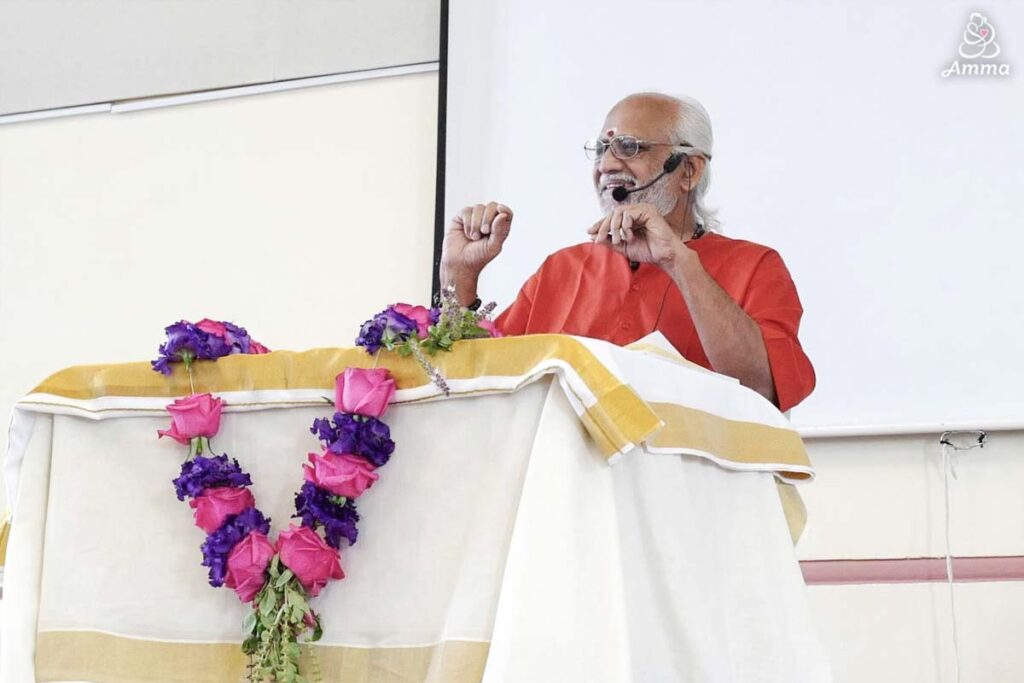Amid ever-evolving trends in the world of healthcare, when it comes to preventive practices, doctors at Amrita Hospital, Faridabad recommend personalized healthcare for individuals based on their genetic makeup, in a bid to provide tailored health facilities to all which is reflective of unique conditions, symptoms, and responses.
To further the role of preventive healthcare as the need of the hour, Amrita Hospital, Faridabad also hosted a health camp in Noida where they offered a multitude of tests including electrocardiograms (ECGs), total blood test, total cholesterol test, and random blood sugar test.
“The approach of personalized preventive healthcare involves conducting comprehensive assessments, considering genetic factors, and designing personalized health plans to address specific health risks and conditions. Personalized care ensures that patients receive the most relevant and effective interventions for their health concerns,” said Dr. Mohit Sharma, Senior Consultant, Internal Medicine, Amrita Hospital, Faridabad.
In this regard, Dr. Anubhav Pandey, Head, Clinical Labs, Amrita Hospital, Faridabad, added, “Age-specific preventive check-up guidelines are crucial for proactive health management. In infancy and childhood (0-18 years), newborn screenings, immunizations, and developmental assessments are key. School-aged kids (6-18 years) need physical exams, hearing, and vision tests. Young adults (18-30 years) should get regular physical exams, STI screenings, and be aware of tobacco and alcohol risks.
“Adults (30-50 years) require regular physicals, blood pressure checks, diabetes, and cancer screenings. Middle-aged adults (50-65 years) need ongoing check-ups, including bone density tests. Older adults (65+ years) focus on vaccinations, bone health, and diabetes. Advanced age (80+ years) means maintaining health assessments and tailored immunizations.”

People around the world are realizing the power of precision nutrition as an essential component of preventive healthcare. It involves tailoring dietary recommendations to an individual’s specific genetic, metabolic, and nutritional characteristics. This is when experts stride to understand how an individual’s body processes nutrients so they can offer personalized dietary guidance to support overall health and prevent diet-related health issues.
Additionally, incorporating behavioral health into preventive care enhances individuals’ ability to manage stress, improve their emotional health, and prevent mental health issues. These challenges can be managed with a custom-fit exercise routine.
Dr. Sharma emphasized on the fact that preventive health check-ups are a proactive approach to healthcare that focuses on early detection, risk assessment, and personalized care. He added, “Customised healthcare options empower individuals to take control of their health and can significantly improve the early detection and better management of chronic diseases, ultimately leading to improved health outcomes and a better quality of life.
“With the advent of technology like telemedicine platforms, mobile health applications, artificial intelligence (AI), predictive analytics, and wearable health devices, proactive healthcare has now become vastly accessible despite its long-lasting challenges of distribution, affordability, awareness, and cultural barriers in the Indian context. However, with individuals, especially the rising youth of the nation, becoming conscious of their well-being coupled with sturdy government initiatives and insurance policies, such obstacles can be overcome.”
Promoting preventive healthcare practices offers substantial economic and societal advantages too. Economically, it leads to cost savings, reduced healthcare spending, enhanced work productivity, and lowered medication costs. This, in turn, fuels economic growth and optimizes healthcare resources.
Societally, preventive healthcare improves overall quality of life, increases life expectancy, reduces healthcare disparities, fosters better public health, supports healthier aging, and lessens the burden on caregivers. It enhances health education and literacy, fosters community well-being, contributes to environmental benefits, and alleviates strain on emergency services. Thus, personalized preventive healthcare opens the possibilities for a healthier, more prosperous society while curbing the economic costs of advanced disease treatment.





